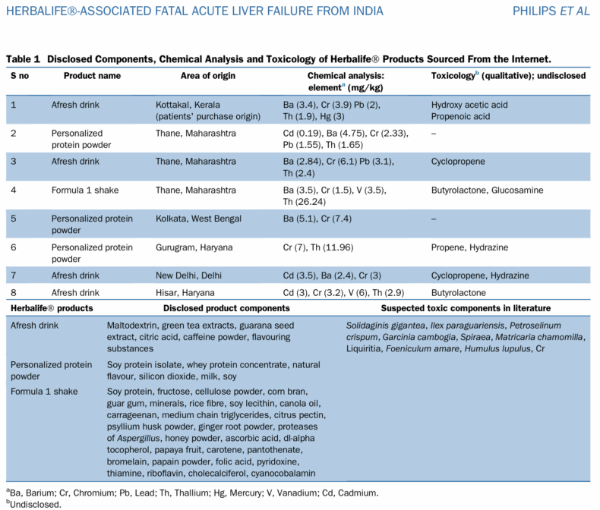
The use of some B vitamins may be associated with a two to fourfold increased risk of lung cancer.
Don't store avocado like this: it's dangerousSome B vitamins, especially B6 and B12, if taken long-term in the form of supplements to increase one's energy and improve the metabolism, can be associated with a increased risk of lung cancer two to four times. Greater risk in men.
In fact, a new study from the University of Ohio finds a relationship between high doses of certain B vitamins and an increased risk of lung cancer, especially in male smokers.
According to the latest statistics, lung cancer is the most commonly diagnosed cancer on a global basis (1,61 million diagnosed in 2008), and the most common cause of cancer-related death (with 1,38 million in the same year).
The body needs vitamins B6 and B12 to help ensure red blood cells are healthy and to process proteins, fats and carbohydrates. They are naturally present in meat, fish, cheese, eggs, milk and some breakfast cereals, but millions of people also supplement them with specific products.
Vitamin B6 and B12 pills are often marketed as products that stimulate energy or metabolism, and the NHS (National Health Sevice) recommended dose for vitamin B6 is around 1,4 milligrams per day for men and 1,2 mg per day for women, while for B12 it is 1,5 micrograms per day for adults.
The results of the study showed that male smokers who took more than 20 mg of vitamin B6 were three times more likely to develop lung cancer, while those who took 55 micrograms of vitamin B12 per day were about four times more likely to develop lung cancer. disease.
"Our data shows that taking high doses of B6 and B12 over a very long period of time could contribute to the incidence rate of lung cancer in male smokers," said Theodore Brasky of Ohio State University.
These are doses, say the scholars, which however refer to measures that are well above those of the normal multivitamins taken every day for 10 years. And now further studies will examine whether the same effect will be seen in postmenopausal women or if it only affects men.
On the B vitamins you can also read:
- Vitamin B: properties, symptoms, deficiency, sources and daily dose
- Vitamin B6: benefits, sources and how to take it
- Vitamin B12: what it is for and the consequences of a deficiency
What this research needs to remember is that supplements should always be taken with the right precautions and perhaps with the opinion of an expert. It is good to keep in mind that their effects cannot completely replace those of a healthy and balanced diet and a balanced lifestyle and that their intake should be limited to a specific period of time and for special needs.
Germana Carillo


























